Magic: the Gathering has a proxy problem. It’s not that the manufacturer, Wizards of the Coast, is actively fighting against those making them or even forcing players only to use proxies from official packs. It’s an issue of value for money and playability, of a niche within the MtG community that’s almost exclusive due to the cost of cards. Fortunately, one creator is setting a precedent that goes against this grain.
Something a Little Different
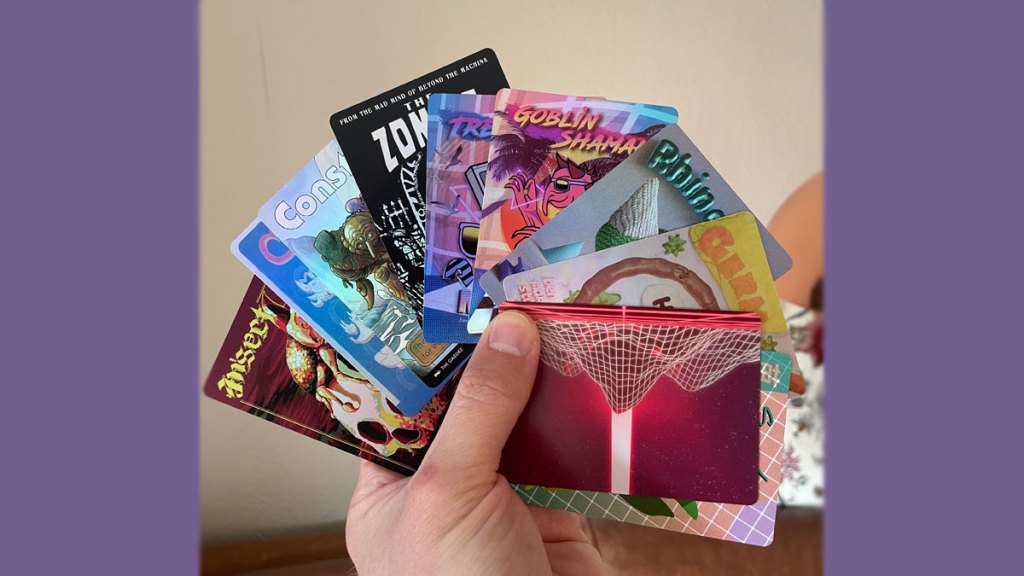
The Bazaar series of custom MtG cards and proxies from creator Ben Makes Stuff — and a series of guest artists — launched this month to resounding success. Ben Makes Stuff set out to work with some of the artists and friends he loves on an MtG project that makes custom cards and proxies for fans of the game, from fans of the game. I was lucky enough to grab a pack of Volume 0: Breakout for $19.99 before it sold out. It’s been confirmed more packs will be released in the future, creating a lovely little set of cards that can be played as proxies in MtG, but also form their own version of an expansion.
Bazaar Volume 0: Breakout packs in 11 pieces of card, because you can’t technically ‘sell’ MtG proxies as cards. Among the 11 pieces of card are eight foil cards, including four designed by guest artists, with two slots for randomized cards from Ben Makes Stuff’s own backlog. Importantly, everyone involved in the project gets paid for their work without it costing the end user too much. To put this into perspective, you can buy a single custom MtG proxy from some creators for the same price as this entire pack.
Related: The 10 best Precon Commander decks in Magic the Gathering
Of course, artists deserve to be paid. That’s why I think it’s fine for each one to charge what they feel is fair for their work. If someone puts 40 hours into a card’s design, they should be paid for those hours. What Bazaar allows creators to do is still get paid for their work without putting the price of an individual card out of the range of some player budgets. I can’t justify a $20 card, even if it is based on Avatar The Last Airbender, but I’d consider buying a pack of themed proxies for $20 a much better investment because of what I get for that price.
I’m hoping that Ben Makes Stuff’s product sets a precedent for other creators to start building packs like this. Wizards of the Coast is releasing an unreasonable number of new sets for MtG every year, almost one every two months. When you take March of the Machine: Aftermath into account, which is a micro-set or epilogue to the main set, this number could easily double and end up making the game a hobby you’re simply priced out of. Custom, smaller sets with a new pack launching every two months instead of an entire set are much more sustainable for collectors.
Related: Top 5 Best Green Red Commanders in MTG
The legality of printing proxies is fairly well known. While you can draw on an official MtG card and use it as a proxy, someone is violating copyright if they print a custom design for a proxy with an official MtG backing. This makes sense since proxies are made to represent other cards you might not have on hand during a game. Up until late last year, it seemed like Wizards of the Coast was against anyone making proxies. Then we got the Magic: the Gathering 30th Anniversary Booster Packs.
Wizards of the Coast released the Magic 30 Booster Packs for a ridiculous amount of money. Just under a thousand dollars got you four booster packs. That’s it. If all of these cards were legal and playable in official tournaments, this might not be a problem depending on the artwork and quality of their power in a game. But almost all of them were effectively proxies, cards with different backs so you can’t use them in an official game. The MtG community, quite rightly, felt very negatively about this, especially considering how custom card creators are forced to toe the legal line when it comes to proxies.
This is without mentioning Secret Lair. In 2022 alone there were 143 Secret Lair sets for MtG fans to purchase. These, admittedly, do contain some of the most stunning artwork in the game from incredible artists. That comes at a price though. You’re hard-pushed to buy a single set for less than $100, and that number tends to quadruple since Wizards of the Coast launches at least four Secret Lair sets at once. I started buying every set, but it just became too much. The art is nice, but each set would almost certainly cost less if you commissioned an artist to make the cards individually for you. This, coupled with Magic 30, makes it feel as if Wizards of the Coast is watching the proxy scene and rubbing its hands with glee imagining how much money it can make by doing something similar, but calling it official in some capacity.
Changing the MtG Proxy Market for the Better
The MtG proxy community has made some of the best-looking cards in the world. You can commission a wood-carving version of your favorite card, a hand-painted one, or download digital versions of cards that have been altered to include images from various forms of media, like Cowboy Bebop or Attack on Titan. Whatever the artwork, these cards are the product of an individual’s time. They deserve to be paid for that time, and bringing down the barrier in terms of cost can only be a good thing as far as I’m concerned. Of course, there will always be a place for unique commissions that should cost a lot more, but for the rest of us, cheap proxy booster packs are an entry point into yet another facet of this hobby that only makes it better.
I really love the art and lore of MtG. Each card has abilities that constantly surprise me, and I’m never sure that I know what I’ll get when opening an official pack. Still, I want more proxies in my decks. I want to be able to use these cards in games and show off the incredible art that someone has done for my 2/2 Zombie, 0/0 construct, or just a Land Card. That said, I also don’t want to have to take out a loan just to buy some of the most beautiful cards on the planet.
Bazaar Volume 0: Breakout represents an opportunity for the MtG community. Artists should, of course, still work on solo projects and cards. But coming together for a few packs a year to give players something different from the standard artwork that’s still limited by pack number production is a great way to enhance MtG, not change or cheat it. Only a set number of people will ever own the cards from this pack, and the same is true for all future Bazaar packs. If we had nine or ten of these pack sets running throughout the year, I know it would bring more positivity and creativity to the game.

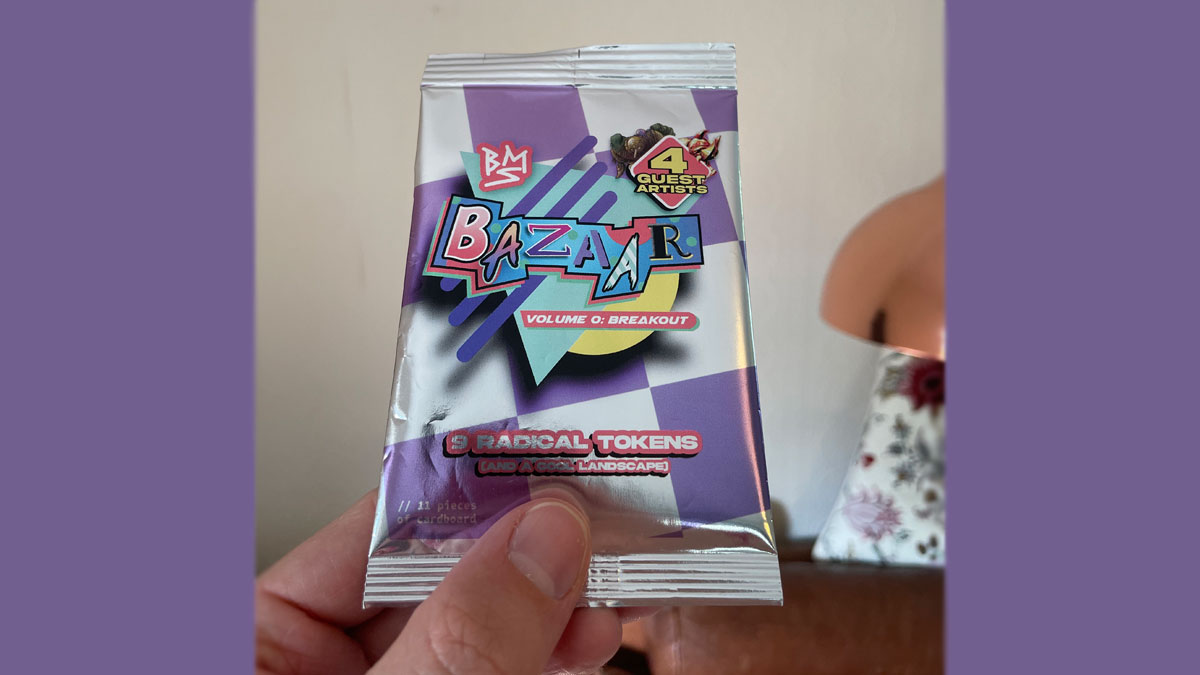
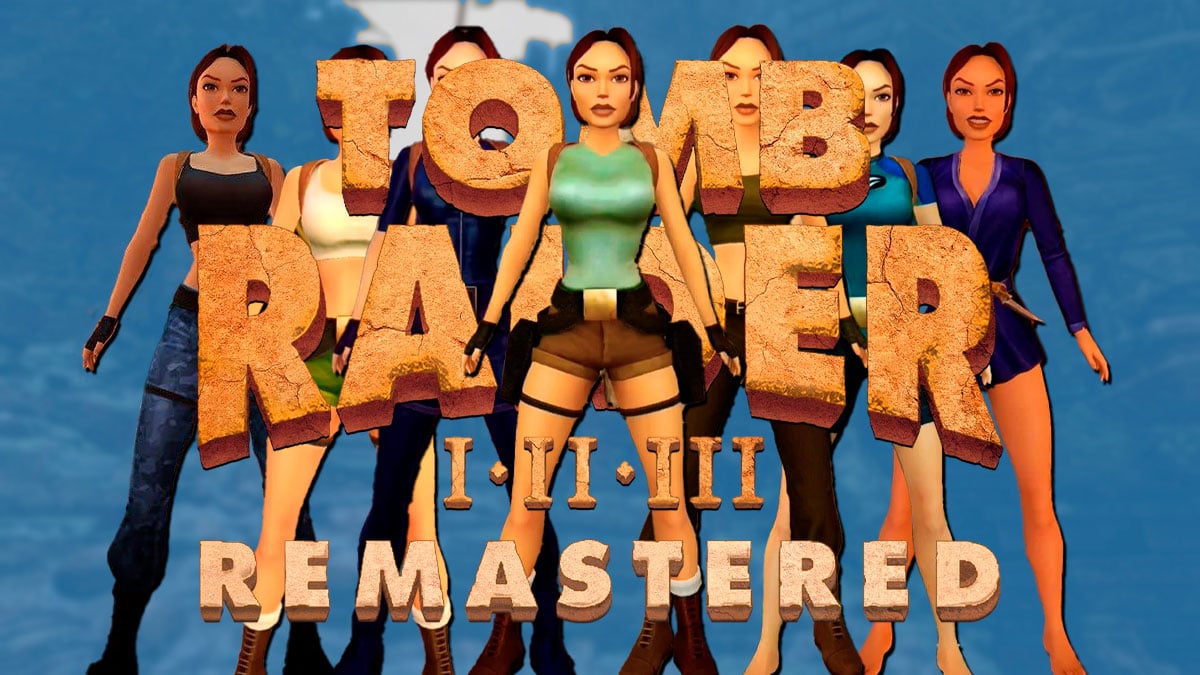
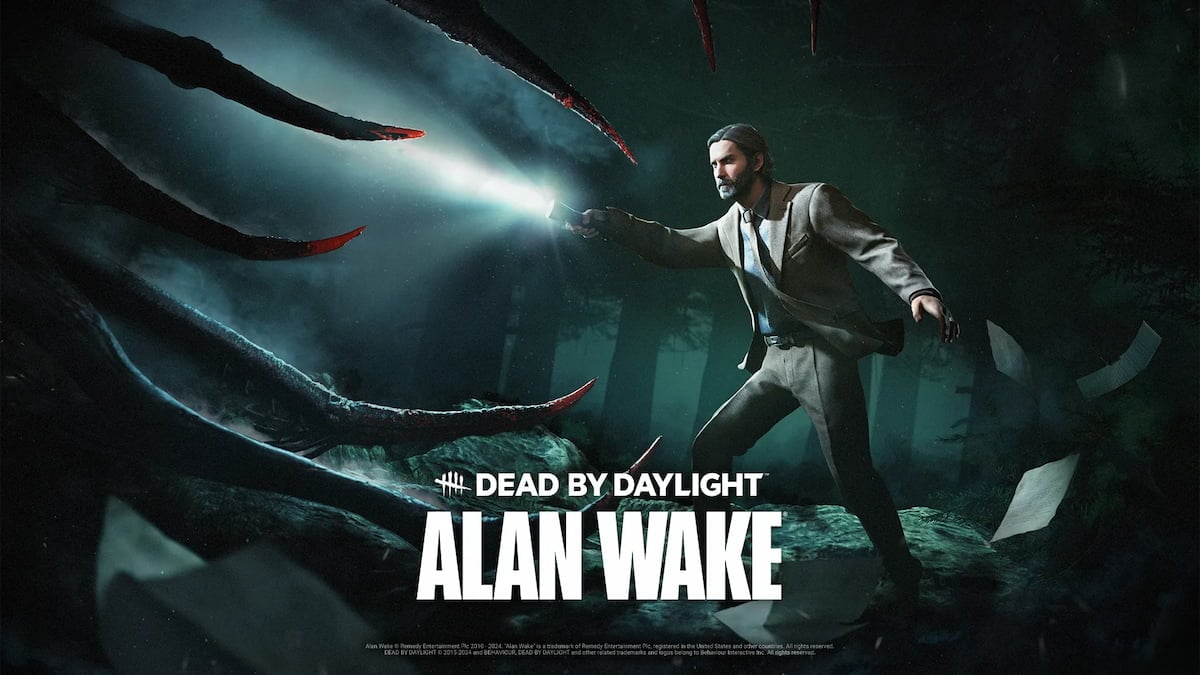
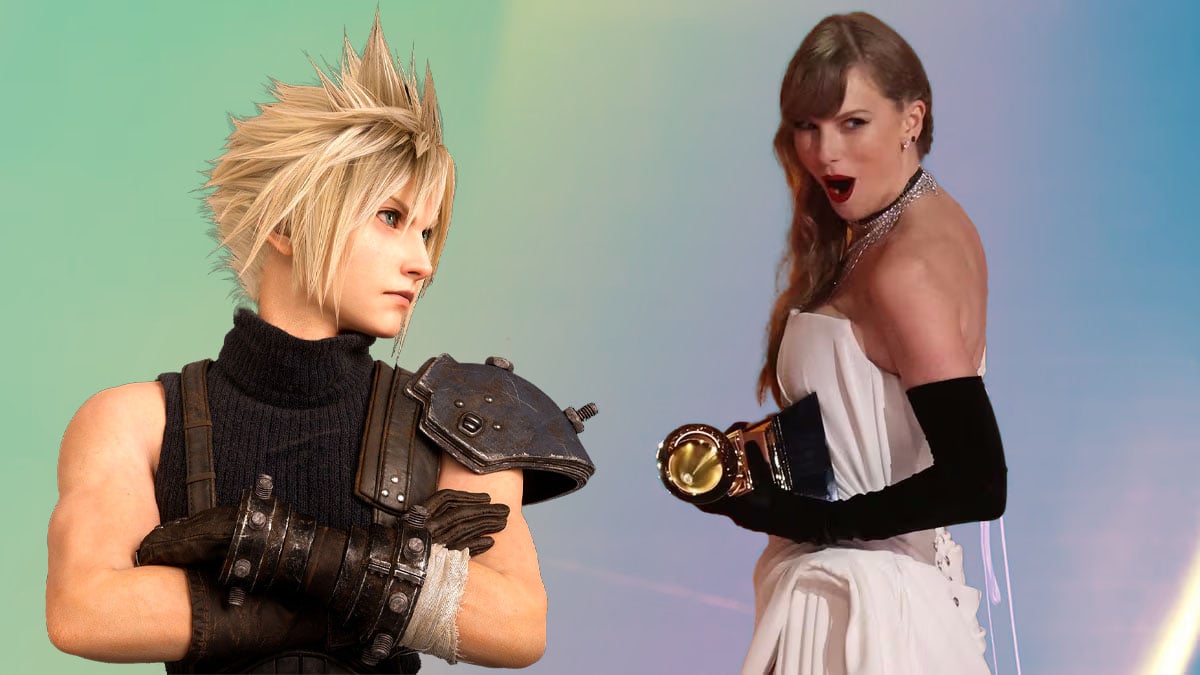


Published: May 2, 2023 02:19 pm